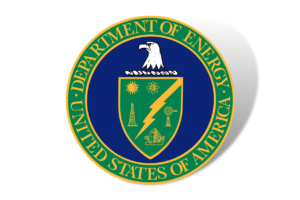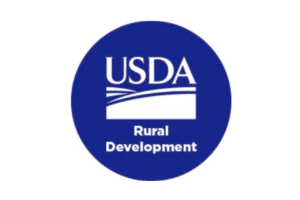The Federal Government has reopened after a three day shut-down. Congress passed a short-term funding bill that will continue to fund government activities through February 8, 2018. The measure passed the House of Representatives on a 266-150 with all but 6 Republicans voting for the measure, who were joined by forty-five Democrats. In the Senate the measure passed on an 81 – 18 vote. A breakthrough was achieved with Majority Leader McConnell agreed to allow a vote in the Senate on a Deferred Action for Childhood Arrivals (DACA) measure. There is still much to be sorted out before the expiration of the short-term Continuing Resolution (CR) and it seems unlikely that Congress will strike upon a compromise that funds the government through the September 30 fiscal-year end, likely resulting in another short-term or another potential government shutdown.
Earlier version: Unlike tax reform, which was passed under budget reconciliation rules only requiring simple majorities and thus could be passed on a partisan basis in the Congress, a spending measure will likely require at least 60 votes in the Senate to overcome a potential veto, thus requiring support from at least some Senate Democrats.
One significant hurdle to passage concerns a lack of compromise over the Deferred Action for Childhood Arrivals (DACA) program, which the Trump Administration announced will no longer be honored after March 5 – resulting in the deportation of roughly 690,000 people. Democrats have floated withholding their votes on any stopgap funding measure that lacked language addressing the DACA issue.
On January 16, the House of Representatives offered stopgap legislation which they believe includes enough perks to encourage Democratic support – including a six-year reauthorization of the Children’s Health Insurance Program. The Senate failed to secure enough votes to pass the House Resolution.



